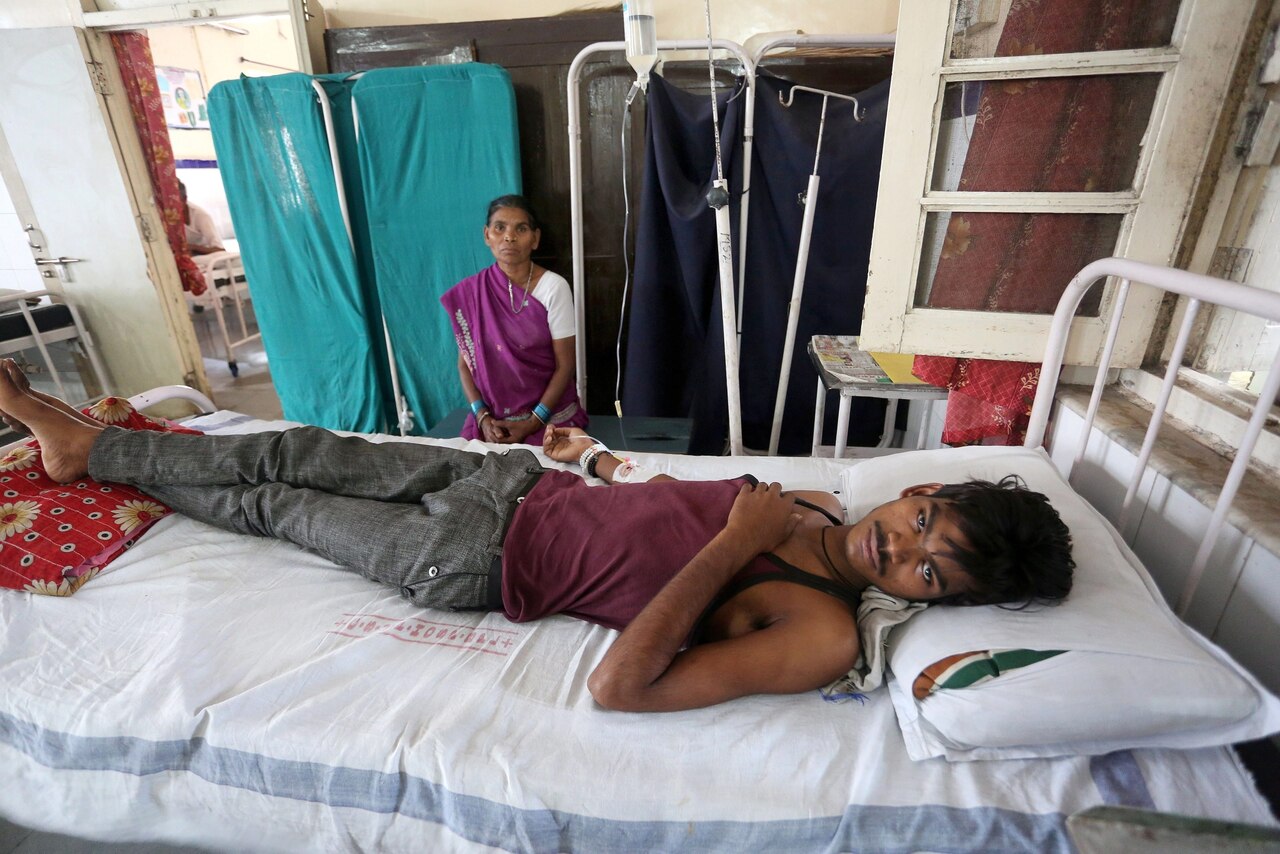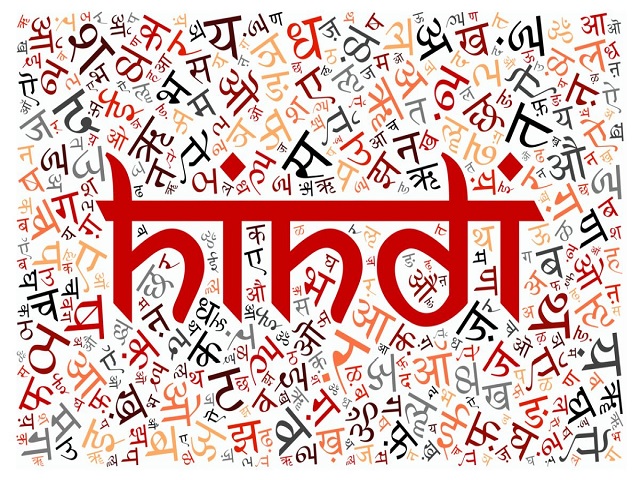
Heat Wave Claims 256 Lives in Rajasthan
May 24, 2024
Jaipur, Rajasthan — The searing heat wave sweeping through Rajasthan has tragically claimed 256 lives, marking one of the deadliest summers in the state’s recent history. As temperatures continue to soar above 45°C (113°F) in many regions, the relentless heat has exacerbated an already severe situation, prompting urgent calls for immediate action and public awareness to mitigate further loss.
There are growing concerns that the government is underreporting the true impact of the heat wave, with allegations that the actual number of fatalities may be significantly higher than the official count of 256. Our investigative team at Philox has been diligently contacting hospitals across Rajasthan to gather accurate data. Preliminary findings suggest that many deaths, particularly in rural areas with limited medical facilities, have not been officially recorded. This discrepancy highlights the need for greater transparency and a more robust response to adequately address the crisis and prevent further loss of life.
District-Wise Casualties
The fatalities have been distributed across several districts, with the hardest-hit areas reporting alarming numbers. The distribution of casualties is as follows:
Jaipur: 68
Jodhpur: 42
Bikaner: 35
Ajmer: 28
Udaipur: 25
Alwar: 22
Bharatpur: 18
Kota: 18
The deaths in Rajasthan were suspected to have resulted from people falling sick due to heat stroke-like symptoms. Officials, however, have not yet ascertained the cause.
While four deaths were reported in Jalore, two daily wage workers died in Barmer, where the mercury soared to 48.8 degrees Celsius on Thursday, the highest temperature recorded in the country this year so far. Severe heatwaves also claimed lives in Alwar, Bhilwara, Balotra, and Jaisalmer.
The state’s medical infrastructure is under immense pressure, with hospitals overflowing with patients suffering from heatstroke, dehydration, and other heat-related illnesses. Emergency response teams are working around the clock, but the sheer volume of cases is straining resources.
Kirori Lal Meena, Rajasthan’s Minister of Disaster Management and Relief, announced that the government will provide a relief package to all heatwave victims. Citing global warming, he urged people to take precautions.
On Thursday, temperatures also reached 45°C (113°F) in Punjab, Haryana, Gujarat, Uttar Pradesh, and Madhya Pradesh.
‘Red’ Warning for Several States
The India Meteorological Department (IMD) issued a ‘red’ warning for Rajasthan, Punjab, Haryana, Chandigarh, Delhi, and Uttar Pradesh, advising “extreme care” for vulnerable people.
“There is a very high likelihood of heat illness and heat stroke in all age groups,” IMD warned.
The IMD also noted that warm night conditions could worsen heat-related stress in Uttar Pradesh, Punjab, Haryana, Delhi, and Rajasthan over the next three days.
Heatwave Pushes Power Demand to New Highs
The intense heat has also increased India’s power demand to a seasonal high of 237 gigawatts (GW), surpassing the previous record of 234 GW set earlier this week.
South India Sees Heavy Rain
While north India suffers from a heatwave, Kerala and Tamil Nadu in the south have been experiencing heavy rain for the past few days. Showers continued on Thursday, causing waterlogging in many low-lying areas in several cities.
The Severity of the Heat Wave
This heat wave is unprecedented in its intensity and duration. Meteorologists have attributed the extreme temperatures to a combination of delayed monsoons and the effects of climate change, which have resulted in prolonged periods of heat and decreased rainfall. The state’s rural areas, where access to cooling and medical facilities is limited, have been particularly vulnerable.
Measures to Avoid Heat-Related Illnesses
Authorities are urging the public to take preventive measures to avoid heat-related illnesses:
Stay Hydrated: Drink plenty of water throughout the day, even if you are not thirsty. Avoid beverages with caffeine or alcohol as they can dehydrate you.
Avoid Peak Sun Hours: Stay indoors during the peak heat hours, typically between 10 AM and 4 PM. If you must go outside, wear loose, light-colored clothing and a wide-brimmed hat.
Cool Your Home: Use fans, air conditioners, or coolers to keep indoor temperatures down. If these are not available, spend time in public places that are air-conditioned, such as shopping malls or community centers.
Check on Vulnerable Individuals: Elderly people, children, and those with preexisting health conditions are more susceptible to heatstroke. Ensure they are kept cool and hydrated.
Recognize Heat Stroke Symptoms: Be aware of symptoms such as high body temperature, rapid pulse, throbbing headache, dizziness, nausea, confusion, and unconsciousness. Seek immediate medical help if you or someone else exhibits these signs.
The Role of Climate Change
Experts warn that such extreme weather events are becoming more frequent and severe due to climate change. Rising global temperatures are disrupting weather patterns, leading to longer and more intense heat waves. Rajasthan, with its arid climate, is particularly susceptible to these changes.
Climate scientists emphasize the need for both mitigation and adaptation strategies. Reducing greenhouse gas emissions is crucial to slow down global warming. Simultaneously, improving infrastructure to withstand extreme weather, developing efficient water management systems, and promoting public awareness on coping mechanisms are essential to protect vulnerable populations.
Government and Community Response
The Rajasthan government has declared a state of emergency and is mobilizing additional resources to affected areas. Water distribution points have been set up, and cooling centers are being established in urban and rural locales. NGOs and community groups are also playing a vital role in disseminating information and providing aid to those in need.
As the heat wave continues to claim lives, it is imperative for all stakeholders, from government bodies to individual citizens, to act swiftly and decisively. The tragic loss of 256 lives serves as a stark reminder of the urgent need to address the immediate crisis and the longer-term challenge of climate change.
Stay Safe, Stay Informed: Keep updated with the latest weather advisories and take necessary precautions to protect yourself and your loved ones from the extreme heat.

